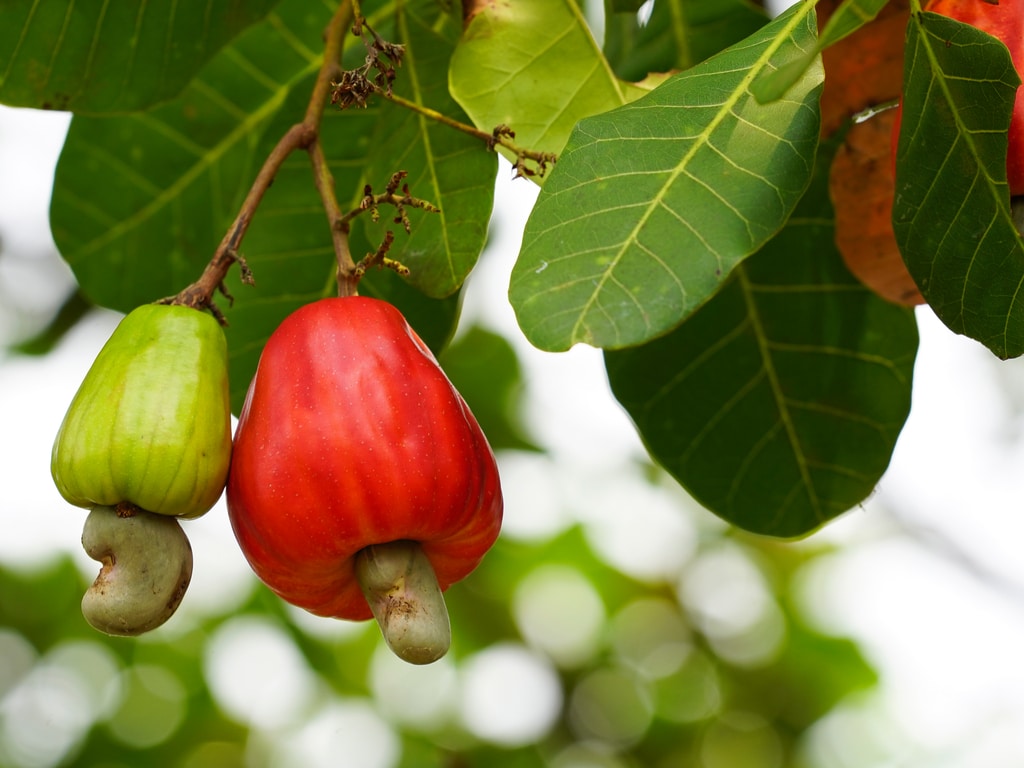The project was announced on February 16, 2022 by officials of Glo-Djigbé-Zè, the industrial zone developed in Benin by the Société d’investissement et de promotion de l’industrie-Bénin (SIPI-Bénin). It is a joint venture between Arise Integrated Industrial Platforms (Arise IIP) and the Republic of Benin. HRD Industries will build a new plant that will produce oil and bio-carbon from cashew nut waste.
The agribusiness company plans to extract the resin or brown liquid contained in the cashew nut shell to produce 50,000 liters of oil and 45,000 tons of bio-coal per year. HRD Industries estimates that the entire construction work will require an investment of 7 billion CFA francs, nearly 10 million euros. HRD Industries will thus become the 25th company to invest in the Glo-Djigbé-Zè Industrial Zone (GDIZ-Zè).
Work to start in September 2022
The subsidiary of the Indian multinational HRD Group will collect cashew nut shells in Glo-Djigbé-Zè. Benin is the largest African producer of cashew nuts, with over 100,000 tons generated in 2019. Except that before the valorisation of cashew waste into balsam (a liquid that the paint and aeronautics industries love) by Fludor-Benin (since 2020), only the kernel, the edible part of the nut, was extracted and exported mainly to India.
Read Also – AFRICA: the circular economy at the heart of ecosystem preservation
The future cashew processing plant will cover an area of 3 hectares out of the 1,640 hectares available to GDIZ-Zè, created on February 5, 2020. HRD Industries plans to start work on the site in September 2022, with commissioning expected in December 2023. “At least 17,000 direct jobs and 15,000 indirect jobs will be created as part of the implementation of the entire cashew processing zone,” says Létondji Beheton, general manager of SIPI-Benin.
The Industrial Zone of Glo-Djigbé-Zè, designed to be a modern industrial park, respectful of environmental and social standards, will also host investors in the cotton spinning and weaving, garment manufacturing, agribusiness, wood industries, etc.
Inès Magoum
